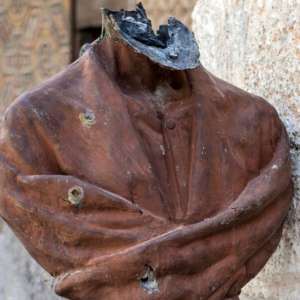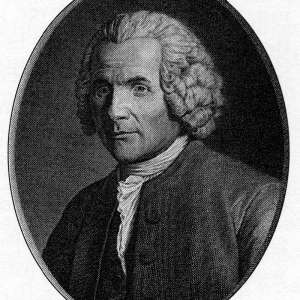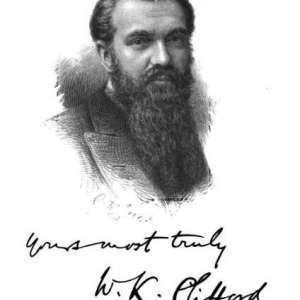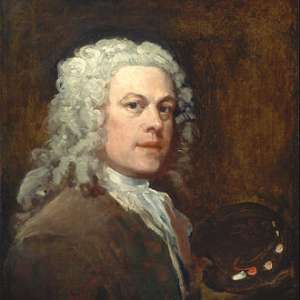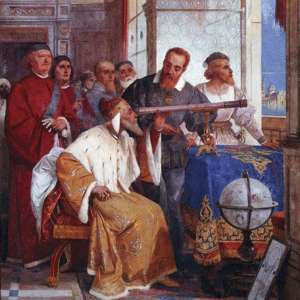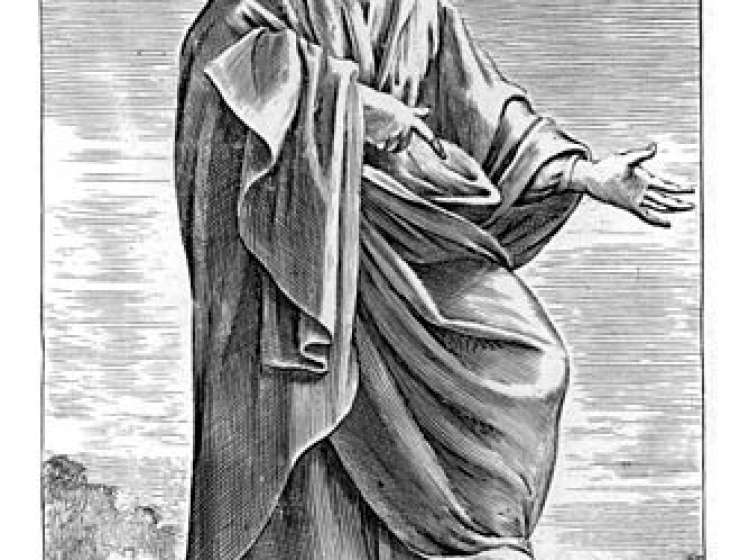
Several entities in Empedocles’ philosophical poetry are characterized in ways that make the reader think of them as divine. The most prominent of them are (i) the four elements, (ii) the two motive forces, (iii) the Sphere or Sphairos (B28-29), and (iv) the holy mind of fragment B134. [2][2]All testimonies and fragments of Empedocles are cited from… Besides them, we also hear (v) of the Muse that is called upon to inspire the poet (B3.3, B4.2, B131), (vi) of “gods” (B3.1, B21.12, B23.8, B115.1, B131.4, B132.2, B146.3, cf. B147.1) and “blessed ones” (B115.6) in the plural, (vii) of couples of opposite personifications said by Plutarch to be the “twofold moirai and daimones” who take hold of us at birth (B122 quoted in Tranq. anim. 474b; cf. B123 quoted by Cornutus in Epidr. 17, p. 30 Lang), and (viii) of transmigrating daimones, again in the plural (B115.5, cf. B147).
[3][3]I leave out of account the ?????????? ???????? which Porphyry… Empedocles famously claimed to be one of those daemons in a state of exile (B115.13). He also claimed to be honoured as a god by his compatriots in Acragas (B112.4-6, cf. B23.11). And the question immediately arises: What is the divine in Empedocles’ philosophical poetry? Did Empedocles have a coherent idea of what it means for something to be a god or daemon, or did he use those characterizations rather loosely without ever seriously considering in what respects the entities intended might belong to a common class?


